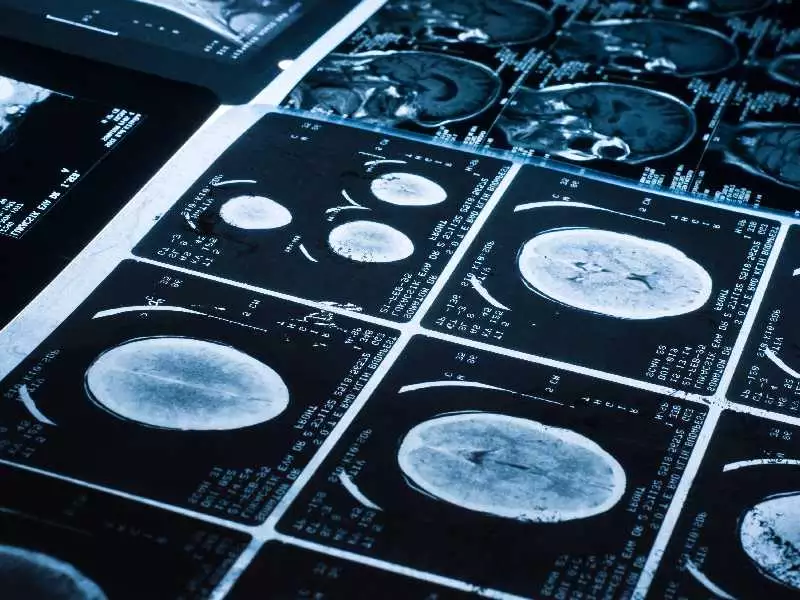A transient cerebral ischaemic attack (TIA) is an episode of periodic loss of function of a particular area of the brain caused by ischaemia. It usually affects one area of the vascularisation of the CNS.
Ischaemia lasts for less than 24 hours, but the vast majority, up to 85%, do not last longer than one hour. The causes of ischaemic attacks are still not fully understood. Arteriovenous micro-injuries and blockages originating in the heart cavities are presumed to be the cause. Annually, an ischaemic attack affects 69/100,000 women and 105/100,000 men. The average age of onset of an attack is 72 years.
It is important to note that age is a significant risk factor for TIA. An incident ischaemic brain attack increases the risk of stroke sevenfold. Within one year of the incident, 12% of patients will have a stroke and within five years up to 33%. In about 75-85% of cases, symptoms from the carotid artery basin predominate. These usually occur during daylight hours.

photo: pantherstock
Characteristic symptoms include visual-pyramidal syndrome, paresthesias and facial-muscular syndrome. Less common are hemiparesis, monocular hemiparesis and other cortical dysfunction.









